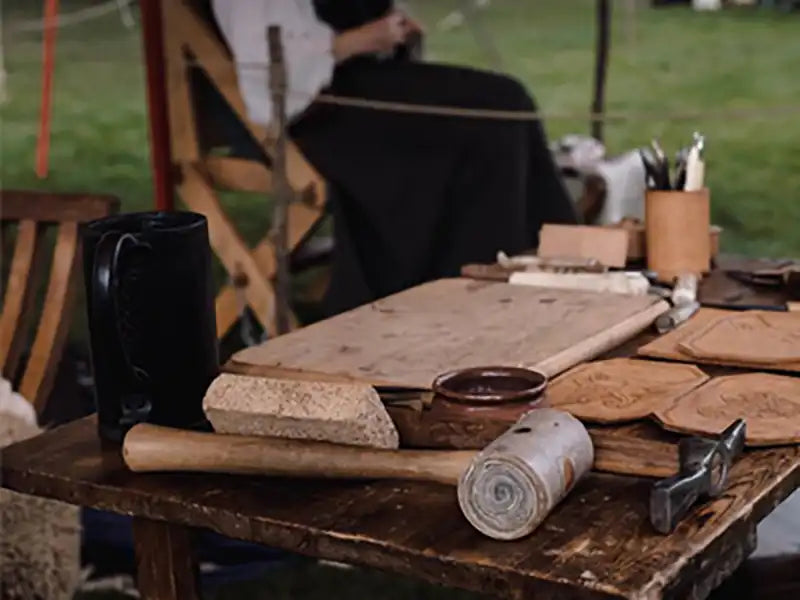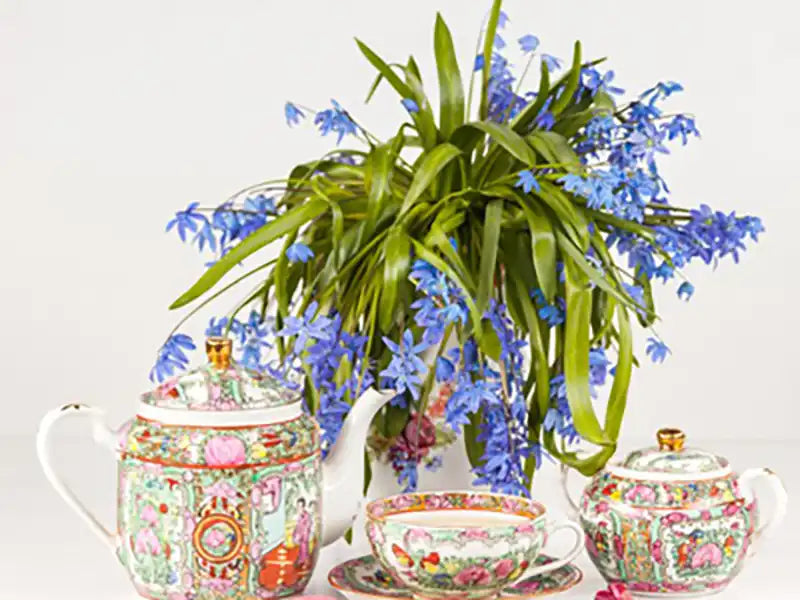Cart
0
An invasive plant species is a species that has not been present in an area in the past and is introduced to areas by human encroachment and subsequently, disrupting the natural order of the habitat and causing economic and environmental damage. Invasive species can inhibit the growth and reproduction of native species and thus eliminate them.
According to ISNA, invasive plant species not only eliminate native species of a habitat, but can also be a factor in the formation of dust. Here are eight points about invasive species:
* Human interference in the natural environment can upset the natural balance between plant species and cause one plant species to overwhelm other natural species and become invasive.
Transgenic plants and their genetic modification can create invasive "weed cloud" plants that are not destroyed by any pesticides.
Invading species also cause the region's natural species, which have evolved over millions of years, to become extinct.
* Another disadvantage of invasive species is that they reduce soil quality and complicate the cultivation of crops.
Invasive species are one of the causes of dust because they cause the water level of groundwater aquifers to decrease and the soil to lose its adhesion and holding power.
In urban ecosystems, invasive species are shrubby and herbaceous species. Among these species, we can mention the plant "Ferfion" in Tehran, which unfortunately its cultivation has spread in the country.
* Juniper tree is one of the other invasive species in Tehran. The seeds of this plant have a high germination power and therefore quickly grow and remove the surrounding tree species.
Barren and abandoned fields around cities are a good place for invasive plants to grow. In these areas, soil is rotten and minerals are depleted, so invasive species such as artichokes, nightshades and wheatgrass, which are highly competitive, can settle in those areas.
According to ISNA, invasive plant species not only eliminate native species of a habitat, but can also be a factor in the formation of dust. Here are eight points about invasive species:
* Human interference in the natural environment can upset the natural balance between plant species and cause one plant species to overwhelm other natural species and become invasive.
Transgenic plants and their genetic modification can create invasive "weed cloud" plants that are not destroyed by any pesticides.
Invading species also cause the region's natural species, which have evolved over millions of years, to become extinct.
* Another disadvantage of invasive species is that they reduce soil quality and complicate the cultivation of crops.
Invasive species are one of the causes of dust because they cause the water level of groundwater aquifers to decrease and the soil to lose its adhesion and holding power.
In urban ecosystems, invasive species are shrubby and herbaceous species. Among these species, we can mention the plant "Ferfion" in Tehran, which unfortunately its cultivation has spread in the country.
* Juniper tree is one of the other invasive species in Tehran. The seeds of this plant have a high germination power and therefore quickly grow and remove the surrounding tree species.
Barren and abandoned fields around cities are a good place for invasive plants to grow. In these areas, soil is rotten and minerals are depleted, so invasive species such as artichokes, nightshades and wheatgrass, which are highly competitive, can settle in those areas.






